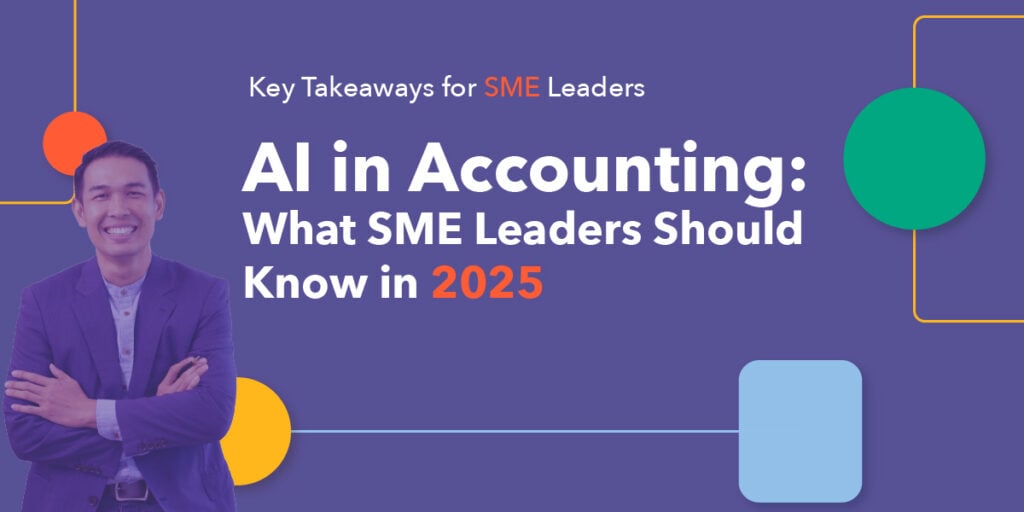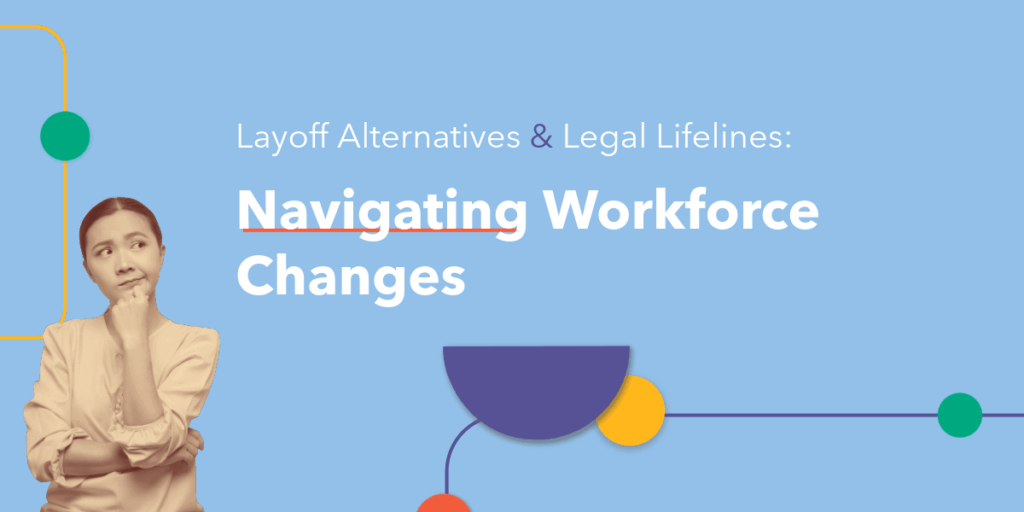Small Business Accounting in 2024: What’s Next?
Here at Business Sherpa Group, we’ve heard from many business owners alike that they feel like times are changing faster than they can keep up with. There is so much happening around us globally that has an impact on small and medium business owners, from a new revolution in technology, an economy in flux, and a rethinking of supply chains and how they should work because of the pandemic and the global instability that has followed it.
Now, more than ever, businesses are turning to experts to answer the question of what comes next for small businesses, and we want to answer that question through the lens of our focus areas, Human Resources, Cloud Based Accounting, and Managed recruitment. We’ve written about the challenges facing HR this year in a previous article, linked below, but here, we want to discuss what’s on the horizon for small and medium businesses in the realm of accounting.
Cash Flow Securing
When times are uncertain, businesses tend to focus on cash flow and liquidity to maintain stability for the organization. For some businesses, this will mean a review of expenses and costs to see if there are ways to better navigate fixed and variable costs, for others, this might take the form of deferring investments in technology and equipment.
When it comes to reviewing expenses in technology and resources, there is no perfect mix. The age old saying of having to spend money to make money has validity in many circumstances; without the resources needed to do the job well, your employees and your product may experience setbacks in productivity and quality. Reviewing technology investment should take in the perspective of everyone used to the technology, as the ones using the resources are more likely to know what works and what doesn’t.
Improving the efficiency of your AR and AP can help stabilize cashflow, as can reviewing expenses more strenuously. Daily reporting of cash flows can help you spot fluctuations early on, and spot areas of growth. More and more organizations are taking these steps to bring their cash flow in line, by reviewing outstanding balances and aiming to pay them down, reviewing recurring expenses, and adjusting the price of the product or service they offer.
Hiring and Retaining Talent
Longtime followers of Business Sherpa Group (and our dedicated event attendees!) will know we have discussed the high costs associated with turnover, it’s no secret to any organization that the impact of losing talent is not something swept under the rug. That’s why keeping talent within the organization is crucial to small and medium organizations looking to do things more efficiently this year.
Read: Talent Acquisition for SME’s
According to reports, 55% of employers still say finding employees with the right skills remains one of the most difficult parts of hiring. But turnover is still happening, with employees seeking new challenges, leaving because of morale, or simply leaving the industry due to morale.
Managers can act proactively by extending the idea that self-improvement – through learning and collaboration – also applies to the accounting and finance department. This is a sure-fire way to boost morale and loyalty to an organization. Helping accountants develop technical and soft skills enables them to apply those skills to their work, providing more valuable input when they notice it’s needed. This can be done internally, or by bringing experts in from outside of the organization, who can help them rethink their approach to bookkeeping.
Upskilling in your Team
We were going to have to talk about AI in accounting eventually, but the thing is: it’s always been there. While AI is new to other business functions, revolutionizing the speed at which people can deliver certain projects, accounting software’s have long enlisted machine learning to improve the processes that financial records go through every day. That’s why, rather than discussing how AI will impact accounting practices, we want to talk about how it enables accountants to focus on upskilling – learning additional skills.
AI is unlocking new resources for businesses, not only in image or text creation but also data processing. With automation increasing its presence in businesses, managers should shift focus to helping employees boost their existing skills and expertise to leverage the outputs of technology. As our CEO Margo Crawford has recently stated, the “business case for AI is how workers can use it to leverage what they do”.
On top of technical skills, accountants can develop their soft skills to boost their ability to work in virtual teams or group settings, to encourage collaboration and continuous learning alongside a technology that is continuously learning as well.
Building From Here
Some of these trends might sound broad and daunting, but there are experts, like those at Business Sherpa Group, who are ready to face the challenges and opportunities ahead on behalf of small and medium businesses. We believe that with the right team and resources, small and medium businesses are more than capable of growth and success in the year ahead.
If you’re a small or medium business owner looking to address these challenges and trends head on, but want an expert’s opinion first, we’re happy to help! Business Sherpa Group is just one phone call or email away. Let us help you deliver for your team and your customers.










